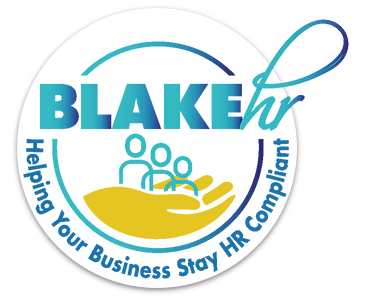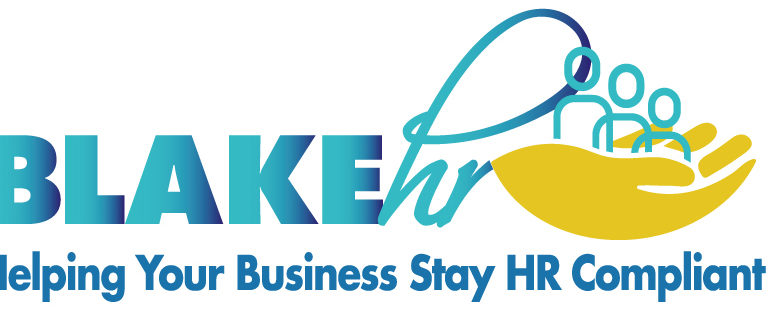The Key to Achieving High Levels of Employee Engagement
Employee engagement is now more crucial than ever. More and more, companies are realising that engaged employees are not only more productive but also more loyal and committed to their work. However, the big question remains: what is the key to achieving high levels of engagement? The answer, undoubtedly, lies in effective communication.
In this blog post I will share 5 ways that effective communication can transform your organisation, so you can achieve high levels of employee engagement.
1. The Foundation of Trust

To begin with, communication builds trust. When leaders communicate openly with their employees, it fosters a sense of transparency. In fact, employees want to feel like they are in the loop, especially when it comes to decisions that affect their work and the company’s future. Trust, after all, is the foundation of any strong relationship, including the relationship between an employer and an employee. Without trust, engagement inevitably suffers.
Moreover, when communication is clear, employees know exactly what is expected of them. As a result, they feel confident that they have all the information they need to succeed in their roles. This clarity, in turn, reduces anxiety and helps employees focus more on their tasks. Conversely, poor communication often leads to misunderstandings, errors, and a lack of direction. Consequently, when employees don’t know what’s going on, they can become disengaged, frustrated, and less motivated to put in their best effort.
2. Encouraging Feedback and Open Dialogue
On the other hand, communication should never be one-way. Encouraging feedback and fostering open dialogue is essential for employee engagement. Indeed, employees need to feel that their voices are heard. When they are given the opportunity to share their ideas, concerns, and suggestions, it not only empowers them but also makes them feel valued. This sense of value directly impacts their level of engagement.
Furthermore, regular meetings, surveys, and suggestion boxes are effective tools for collecting employee feedback. However, it’s crucial that leaders take this feedback seriously. When employees see that their input leads to real change, it reinforces their engagement. It shows that the company values their contributions and is committed to creating a better work environment.
3. Strengthening Team Dynamics

In addition to building trust and encouraging feedback, communication plays a vital role in strengthening team dynamics. In any workplace, teamwork is essential. Whether it’s collaborating on a project or solving a problem, teams need to communicate effectively to achieve their goals. When team members communicate well with each other, they build stronger relationships and trust. This, in turn, leads to better collaboration, higher morale, and improved productivity.
Moreover, open communication within teams helps to ensure that everyone is on the same page. It allows for the free flow of ideas and information, which is essential for innovation and problem-solving. Additionally, when team members communicate effectively, they can resolve conflicts more quickly and efficiently. This, as a result, reduces stress and keeps everyone focused on achieving the team’s objectives.
4. Facilitating Change and Adaptation
Another important aspect of communication is its role in facilitating change and adaptation. In today’s ever-changing business landscape, the ability to adapt is crucial. Companies are constantly evolving, and employees must be able to adapt to new processes, technologies, and expectations. Effective communication is the key to managing change successfully.
For instance, when leaders communicate changes clearly and promptly, it reduces uncertainty and fear among employees. Consequently, they understand why the change is happening, what it means for them, and how it will benefit the company. This understanding helps to alleviate concerns and allows employees to embrace the change more readily. Moreover, clear communication during times of change helps to maintain employee engagement, as it reassures them that they are still an integral part of the company’s future.
5. Enhancing Job Satisfaction

Finally, communication plays a critical role in enhancing job satisfaction, which is closely tied to employee engagement. Employees who feel informed and involved are more likely to be satisfied with their jobs. When leaders communicate regularly with their teams, they can address any issues or concerns before they escalate. This proactive approach not only prevents dissatisfaction from taking root but also helps to maintain a positive work environment.
Additionally, regular communication allows leaders to recognise and celebrate employee achievements. A simple acknowledgment of a job well done can have a significant impact on employee morale. Furthermore, when employees feel appreciated and recognised, their job satisfaction increases, which in turn boosts their engagement.
Conclusion

In summary, communication is the lifeblood of employee engagement. It builds trust, encourages feedback, strengthens teams, facilitates change, and enhances job satisfaction. Companies that prioritise effective communication will see higher levels of employee engagement, leading to better performance, increased productivity, and greater overall success.
As we navigate an age where the workplace is more dynamic and diverse than ever before, communication is not just a tool; it is a vital component of a thriving, engaged workforce. By fostering open, honest, and regular communication, companies can create a culture where employees are not only engaged but also motivated to contribute to the success of the organisation.
Want to know more? I’ll post more on this soon, so look out for regular updates. You can also complete my contact us form or book a call now to find out how BlakeHR can help you to increase employee engagement.


Are you ready to achieve high levels of employee engagement?
If this blog has inspired you to get started, what are you waiting for? And if it’s left you with more questions or you’d like some assistance getting started, get in touch. we’d be happy to help.
Give us a call on 07422 727229 or contact us using the form below - we will be happy to answer any questions.


